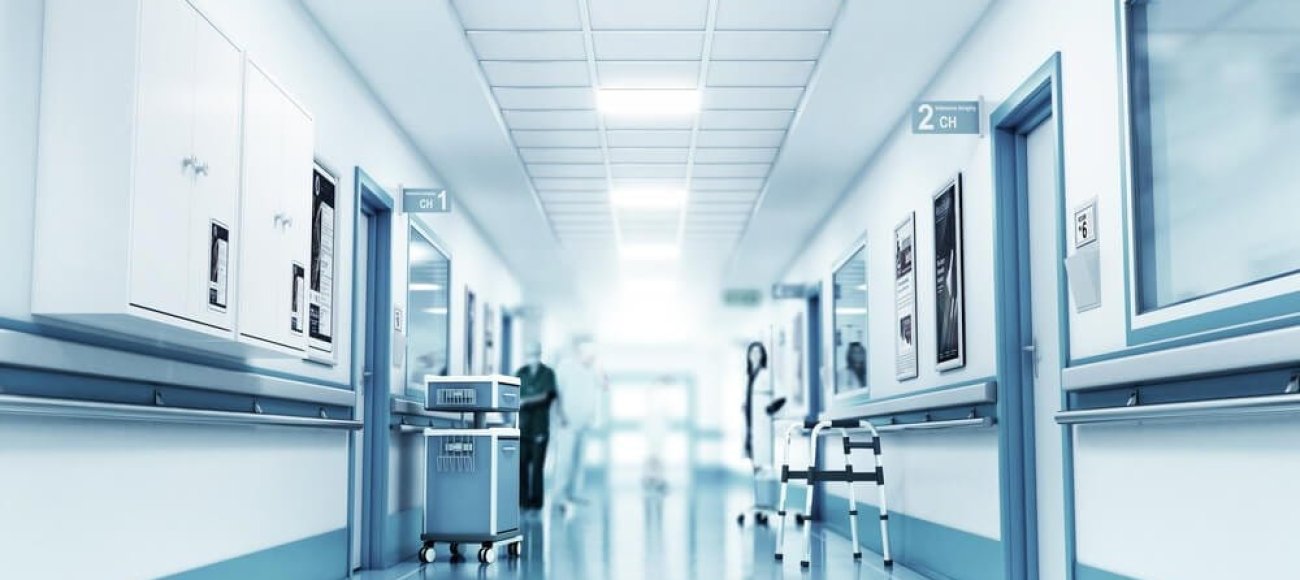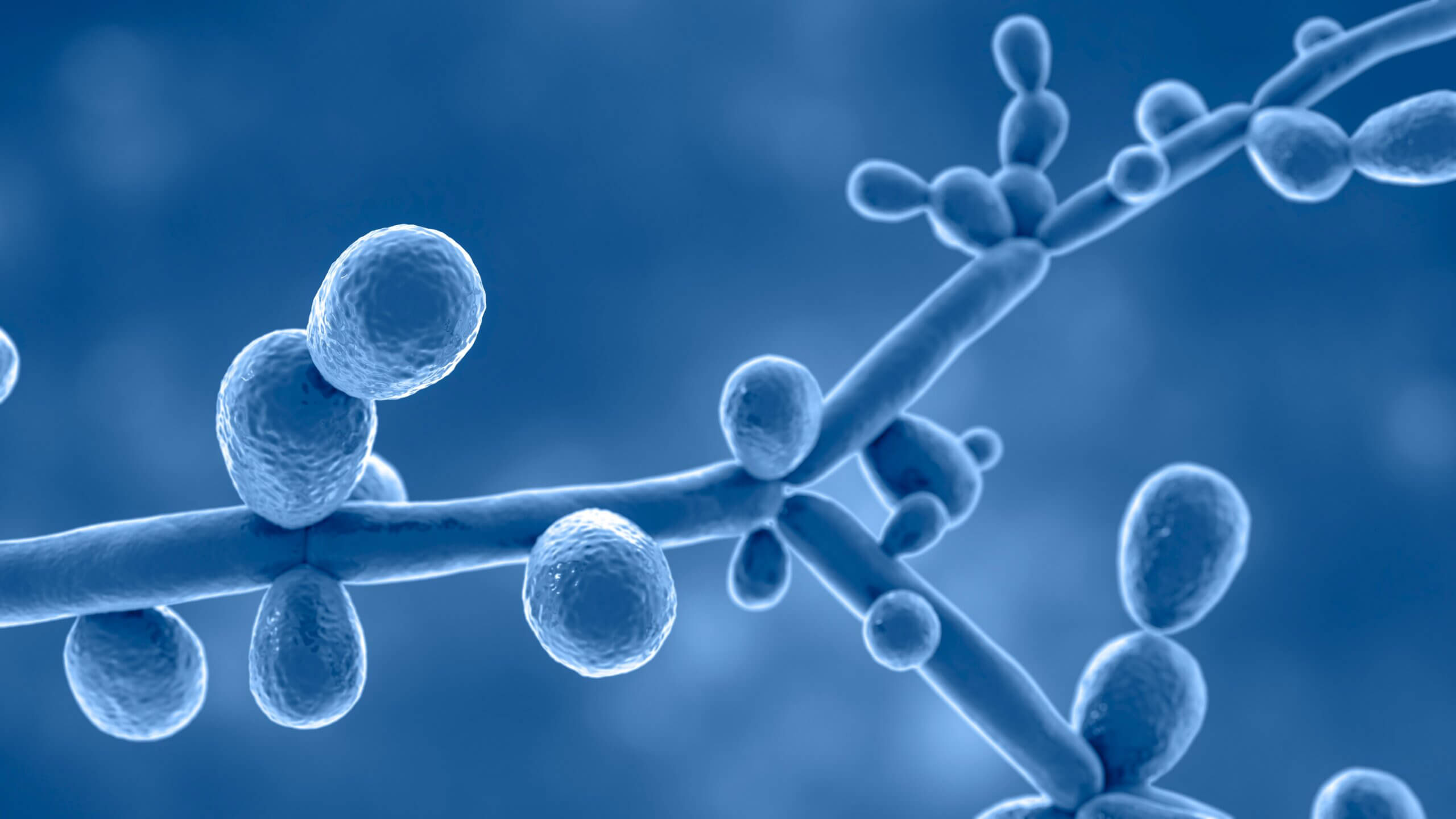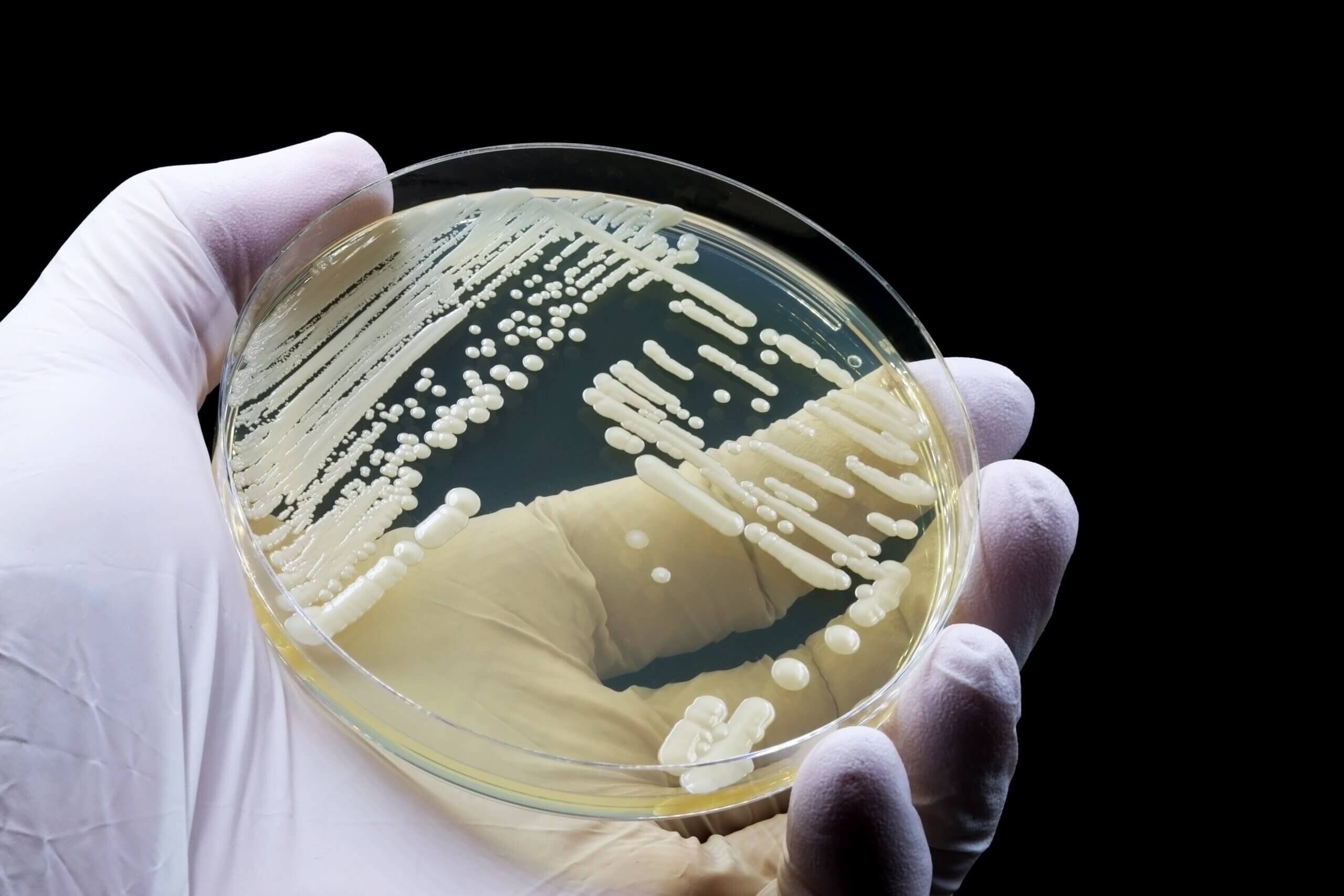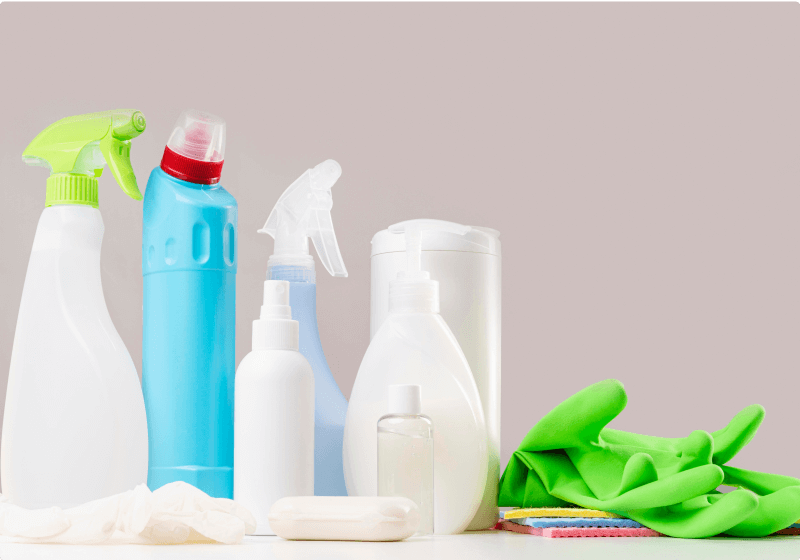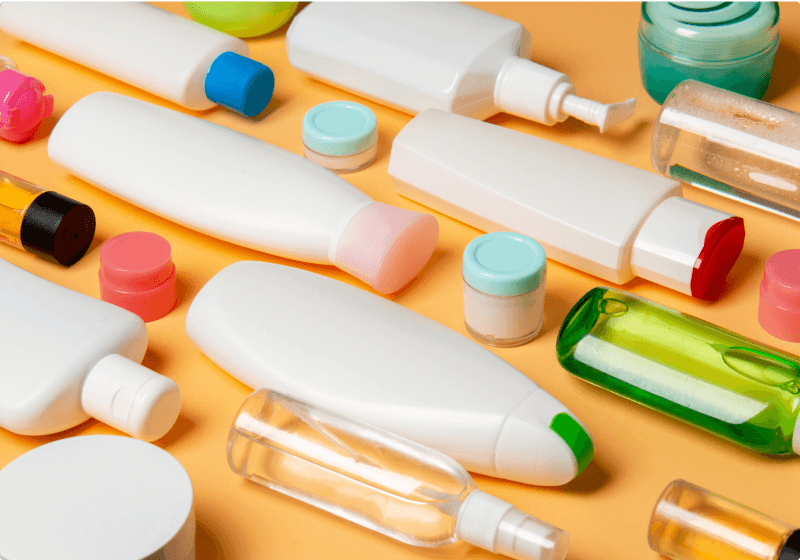The Role of EN 14347 in Hospital Hygiene Management is critical for ensuring the effectiveness and safety of disinfectants used within healthcare settings.
Ensuring a safe and sterile environment in healthcare settings is very important. Here, standards like EN 14347 serve as an important guideline to test the efficacy of sporicidal formulations. This article talks about the essence, implementation, and impact of EN 14347 highlighting its role in elevating the standards of cleanliness and infection control within hospitals.
What is EN 14347 test?
EN 14347 is a standard specifically developed to guide the biocidal efficacy of chemical disinfectants and antiseptics. It outlines a test method and requirements for the quantitative suspension test for the evaluation of the sporicidal activity of disinfectant products. In this article, we will examine the EN 14347 testing for disinfectants with a focus on their application in medical settings. This standard evaluates the effectiveness of disinfectants used on surfaces, instruments, and in the air ensuring they are capable of eliminating spores – one of the toughest forms of microorganisms to kill.
What is the importance of EN 14347 in healthcare?
The significance of EN 14347 in healthcare cannot be overstated. Spores are highly resistant to typical disinfection methods and can be a source of infections in hospitals. By defining specific test parameters including mandatory test strains, temperature, contact times and scopes of application EN 14347 ensures that only products meeting the highest efficacy thresholds, that is showing at least a 4-log reduction in viable counts of specific test organisms reach the market thereby playing an important role in preventing hospital-acquired infections (HAIs) and thus safeguarding both patient and staff health.
How to implement EN 14347 in hospital hygiene management?
Implementing EN 14347 within hospital hygiene protocols involves incorporating its guidelines into the selection, usage, and validation processes of disinfectants. This includes selecting disinfectants that meet the standard’s requirements for sporicidal activity. Hospitals following this standard benefit from a science-backed assurance that the disinfectants used in their hygiene management practices are up to the task of eliminating spore-forming pathogens.
How does compliance with EN 14347 impact hospital hygiene management?
- Impact on infection control – Using EN 14347 tested products will minimize the spread of nosocomial infections, thus improving patient health, and also helping build trust among healthcare providers and patients.
- Impact on hospital hygiene management practices – EN 14347 also influences hospital hygiene management practices by setting a high standard for cleanliness. It encourages the use of effective disinfection products thus improving disinfection practices.
Role of antimicrobial testing labs
Antimicrobial testing laboratories play an important role in evaluating the sporicidal activity of disinfectant products. By following strict testing methods these labs make sure that products meet the requirements set by EN 14347. They provide accurate results which not only helps in product development but also builds trust among users regarding the safety and effectiveness of sporicidal disinfectants.
Microbial Investigations Switzerland (MIS) stands as a global leader in microbial testing, offering a wide range of testing and validation services that adhere to EN 14347 standards. With our cutting-edge technologies and a team of dedicated professionals, we strive to provide accurate and reliable results for our clients’ testing services.
To know more about EN 14347 testing protocols or to request a quote, contact MIS’s experts here.

